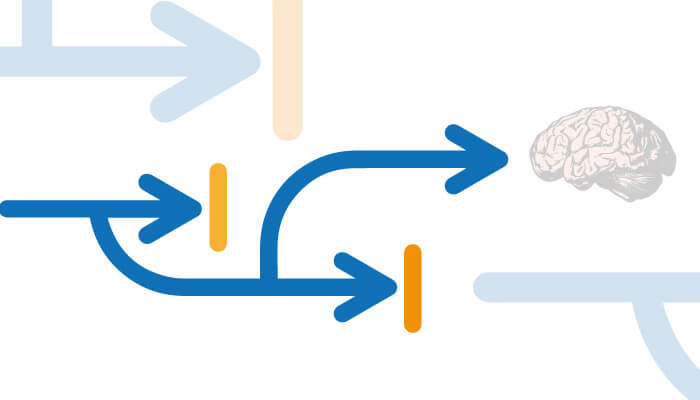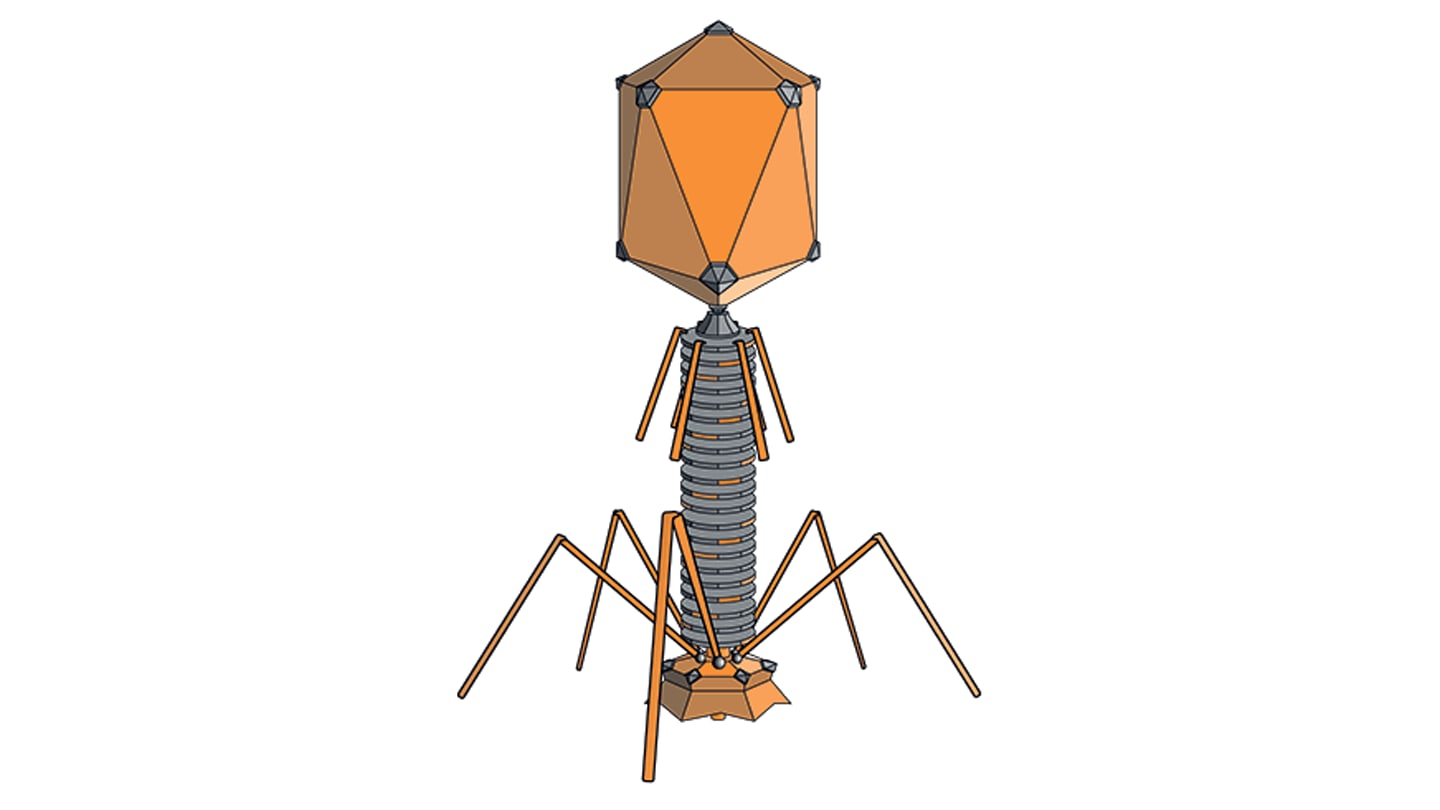Pharma is (slowly) being redefined by artificial intelligence (AI) and machine learning (ML) platforms. From clinical trials to the manufacture of drugs, these technologies give the industry the opportunity to enhance its practices and remove the risk of human error. And though many companies are beginning to embrace the potential advantages of AI, Mytide Therapeutics, a Boston-based biotech company, has integrated AI ever since its inception. Here, Dale Thomas, the company’s cofounder, tells us how they use AI for the discovery and development of peptide therapeutics, and shares his expectations for the company in 2020.

As an alumni from MIT’s chemical engineering department, I was fortunate to be exposed to a cross-disciplinary approach to drug synthesis. The development of therapeutics present significant challenges as the current drug development pipeline is entrenched with a great deal of uncertainty due to factors such as cost, time and the complexity of reactions. Therefore, finding alternatives to current approaches is something that the industry is constantly striving toward.
As part of Klav F. Jensen’s research lab, my doctoral research focused on developing a robotic platform and microfluidic devices capable of synthesizing small molecule drugs through AI-driven pathways. Building on concepts and techniques that I had acquired within the context of small molecules, Mytide leverages AI, robotics, and continuous manufacturing to improve the diversity, and speed at which peptides can be synthesized. The combination of robotics and AI models allows autonomous creation of next generation peptide-based therapeutics with improved specificity, stability and delivery.

Peptides are the foundation for a variety of next-generation personalized therapeutics, particularly within the immuno-oncology space. There are a number of companies that are having a great deal of success leveraging the low-toxicity and specificity peptides bring into the clinical settings, but a major challenge in doing so is scale-up. For each peptide-based vaccine treatment, the synthesis of 20 to 30 unique peptides is required – and because these are often personalized medicines, the specific peptide sequences that needs to be manufactured for a given treatment is dependent on the tumor site within patients. Currently, it takes between six to nine weeks to manufacture these therapeutic products – a lengthy process that is often to the detriment of patients, who may be suffering from aggressive cancers. Mytide is capable of produce these molecules in just days. Our advancement opens the door to peptide-based therapeutic discovery and manufacturing in a similar manner to advancements in gene synthesis, which enabled CRISPR.
We use ML/AI platforms to enable both faster discovery and creation of novel therapeutics. Our initial focus has been to leveraging ML to optimize the manufacturing process to reduce the time and increasing the diversity of peptide-based libraries for drug candidate screening. We use these libraries to build highly specific AI models to understand the specific biological mechanisms, as well as stability, toxicity, and bioavailability. With AI enabling this rapid development cycle, we can take an iterative approach leveraging active learning techniques to build highly specific models capable optimizing for “drug-like” sequences. While machine learning is crucial for discovery, our ability to meld both AI and robotics at each step of our manufacturing process allows us to build unmanufacturable “drug-like” peptides. By probe our data in ways once unimaginable with AI, we are improving our understanding of biology and manufacturing to accelerate our ability to identify life-saving therapeutics.
We are on the path to industrializing peptide synthesis and bring it to a point where it is as convenient to use as DNA within the research settings. Currently, DNA is the most practical option for researchers labs to rely on. It can be delivered overnight and is, therefore, conducive to drug discovery. Peptide based therapeutics, which we are developing, offers access to an orthogonal subset of molecules equally as therapeutically relevant and interesting, but for them to be more widely adopted we, as an industry, must be able to shorten the time required for their production. And that’s something we’re looking forward to enabling in 2020.




